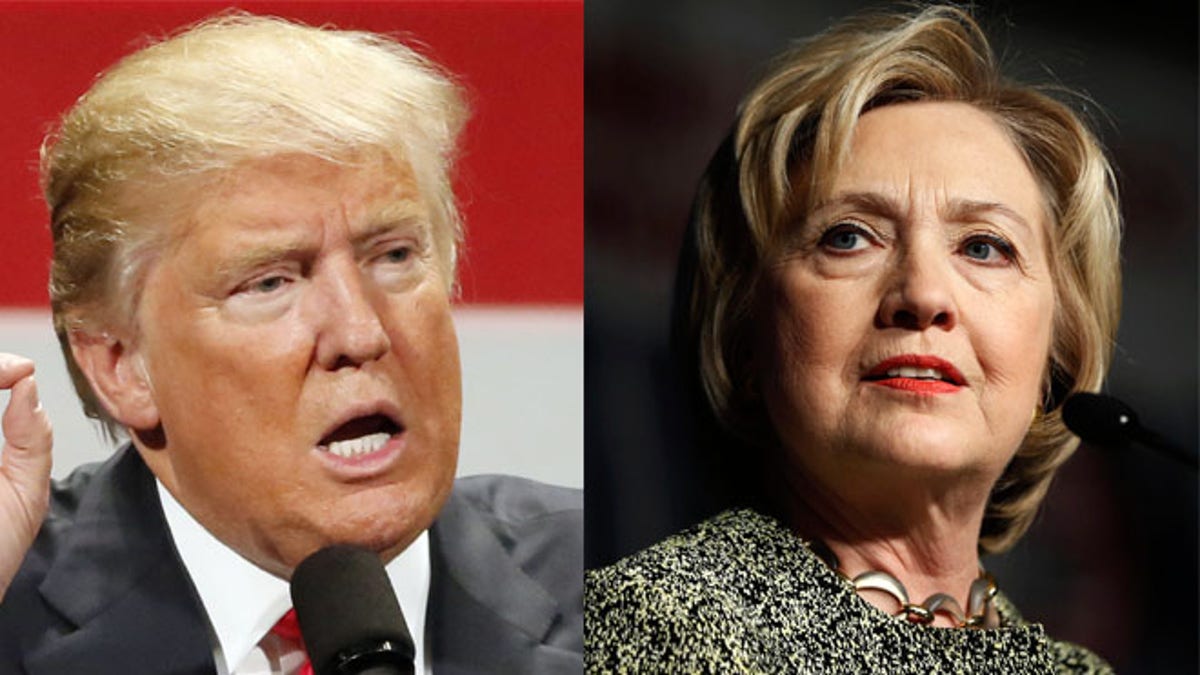
Donald Trump once promised he would do well with the Hispanic vote because he is “a job machine.”
While it is unclear why Trump thinks Hispanics might like jobs more than any other racial or ethnic group (doesn’t everyone love jobs?), one thing is clear: Trump is still not doing well in the polls with most Hispanics. A Fox News Latino poll recently revealed that 66 percent of Hispanics would vote for Hillary Clinton; only 20 percent were inclined toward Trump.
Any candidate interested in economic growth should recognize that the Hispanic entrepreneurial phenomenon makes this population a significant and indispensable economic and electoral opportunity for anyone serious about winning elections or improving their bottom lines.
Here’s a helpful hint for Mr. Trump if he wants to change those numbers: There are many of us in the Hispanic community who have been hoping one or both of the major-party presidential candidates would become a champion of the specific kind of job creation that comes from new business creation. So far, neither candidate has.
As a group, Hispanics do stand out from the crowd on the issue of starting businesses. We are 1.5 times more likely than the general population to become entrepreneurs. For us, new business creation is about so much more than jobs — it’s about our own socioeconomic mobility and the essence of American opportunity.
An opportunity in this area still exists for Trump, since Clinton has not shown herself to be particularly savvy to the power of new businesses, or sympathetic to the needs of entrepreneurs. Her economic plan ignored the most basic requirements of an entrepreneur-friendly environment: lower individual tax rates, fewer regulations and more affordable health insurance for the self-employed. In fact, Clinton’s plan promised the opposite, in many ways, of each of these.
Clinton should refine her economic plan with entrepreneurial Hispanics in mind. She cannot take our voting bloc for granted – not now, and not after her possible election. She also may want to consider the fact that, like other groups, Hispanics are looking for someone to support, to be truly ‘for,’ in this election. How much of her favorable polling with Hispanics reflects nothing more than a desire to vote against her opponent? Is that how she wants to win?
Trump’s economic plan nodded to the issues of taxation and regulation, but the businessman, oddly, did not link his policies to business creation. He should. If he does, Hispanic (and other) entrepreneurs will notice.
All of this said, I can’t promise an embrace of new business creation will change Latino votes, given Trump’s track record with our community. But shouldn’t both of these candidates try, even if only for the strength of their economic plans?
Any economist can tell you that most new jobs come from new businesses, particularly those that are defined as “gazelles.” The economic power of new businesses is therefore something that both candidates should champion, and one that many voting blocs can celebrate.
How have both Trump and Clinton missed the opportunity to lead on business creation, especially given its significance within the Hispanic community, a group whose votes they covet?
It is possible that neither Trump nor Clinton realize that Hispanics are uniquely entrepreneurial, and that Hispanic-owned businesses are growing at 15 times the national growth rate.
Ignorance would be a sorry excuse. Any candidate interested in economic growth should recognize that the Hispanic entrepreneurial phenomenon makes this population a significant and indispensable economic and electoral opportunity for anyone serious about winning elections or improving their bottom lines.
Beyond being a key voting bloc, they are a rare bird in a landscape of otherwise declining business dynamism, a bird that lays the golden eggs of business dynamism, innovation, GDP growth and, yes, jobs.
